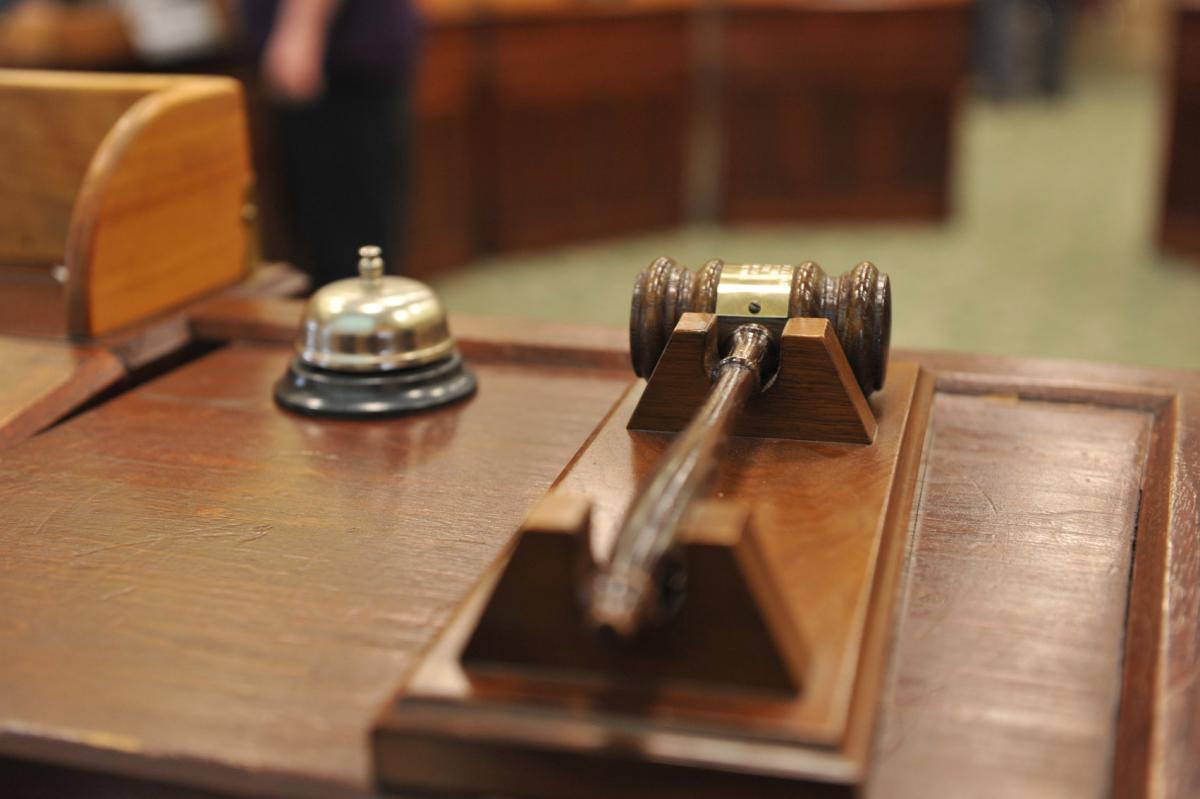
Cost-cutting is now officially part of the Ontario zeitgest, in a way it hasn't been since the era of Mike Harris.
And after Premier Doug Ford, after taking power last year, immediately went about forcibly downsizing Toronto's city council months before a municipal election, the talk inevitably turned, on local social media, to the number of elected representatives governing the much smaller communities of Leeds and Grenville.
So it is little surprise that local politicians have taken to suggesting cuts to their respective councils, early in this new term. A motion by Brockville Coun. Leigh Bursey to shrink city council by two members for the next election has been punted to next month, while in Prescott, Coun. Gauri Shankar wants to reduce that town's council from seven members to five, a motion that will also be discussed in June.
Should this idea catch fire, twin-county municipalities may soon be cutting their councils faster than we will lose trees at the Ferguson Forest Centre.
One can understand the political value of these motions. There does not appear to be a downside to arguing for fewer politicians, and in an age of belt-tightening at Queen's Park, a city or town cutting its own council might gain at least some moral authority.
Look, the argument might go, we're walking the walk and finding efficiencies right in our ranks... so please, by all means, keep those OMPF grants coming!
Bursey gets even more points on this score, because, had his suggestion been implemented before this last election, he'd now be out of a job. Both he and Coun. Nathalie Lavergne would not be sitting on the current council.
At least one frequent emailer to The Recorder and Times is ready for this, and has already argued for the two of them being booted from council immediately, rather than by ballot in 2022. Politics is politics and every rep will win haters as well as supporters.
In fact, we'd have lost an experienced councillor who represents an often voiceless community in our mainly business-oriented, conservative-minded city, and a rookie councillor who has brought to the table a valuable perspective. Lavergne moved here from Quebec, opened a downtown café, started a downtown festival and a downtown neighbourhood watch group, and otherwise became a one-woman Brockville cheering section, before she was elected to council.
Call me naive or call me eggheaded, but losing that level of representation would not have been worth the savings in council salaries. We want to encourage people who move here, start businesses and festivals here, and care a great deal for their new neighbourhoods, to try running for council.
It's worth betting on the assumption that whichever two people wouldn't make it back to council, or wouldn't make it to council for the first time, in 2022, would represent a similar loss.
And even if that were not the case, we need to remember that democracy dies not only in darkness, but also in downsizing, if it's done recklessly.
If ever greater democratization is the healthiest path for our civic government, then elected representation is the last area one should look to for cuts.
By all means, seek and find efficiencies, but do so in programs, in administration, and in other non-elected areas of governance first, before starting to shrink that area of civic government over which the voters have direct control.
In my many years covering civic politics locally, I've repeatedly encountered complaints that this or that municipal council leaves too much to staff, is led too easily by staff, or is otherwise playing the role of Jim Hacker to some top administrator's Humphrey Appleby.
Even when administrators have the best of intentions, this is not in the interest of democracy. Cutting elected representatives any further than they already have been in the last decade will likely ensure it keeps happening.